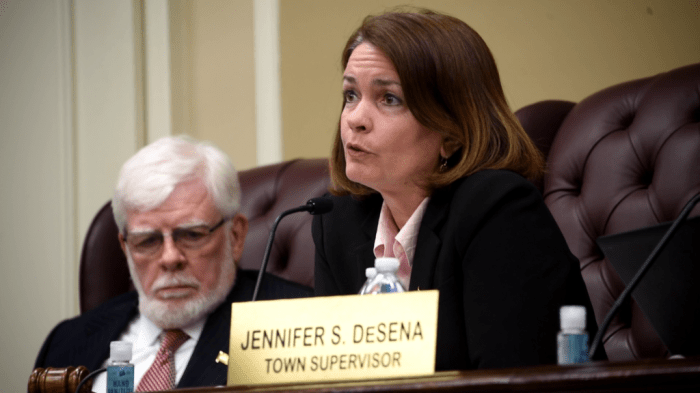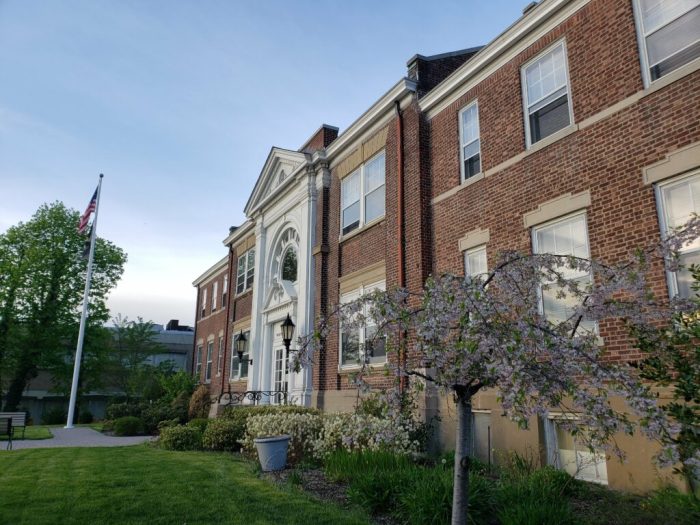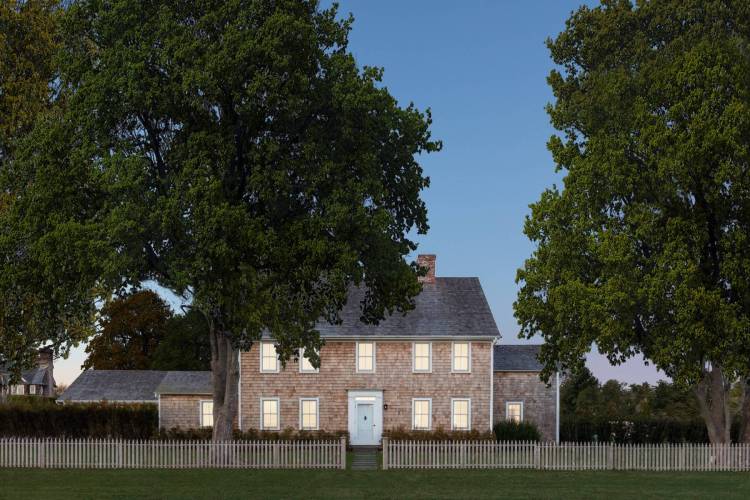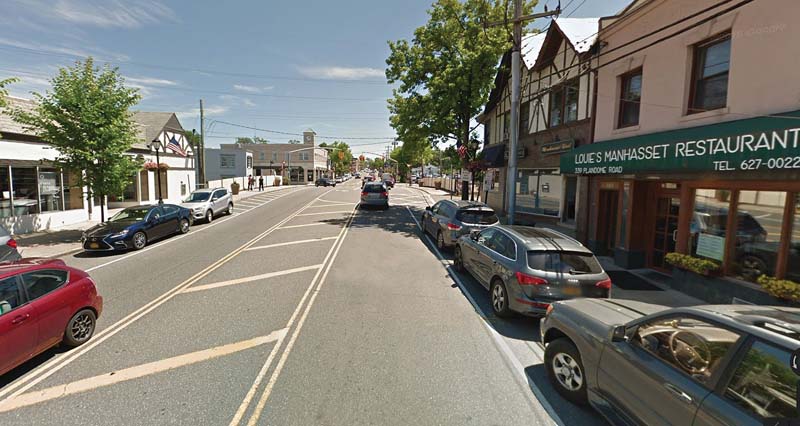
The Great Neck Water Pollution Control District (GNWPCD) recently finalized their Manhasset Sewer Feasibility Study that could potentially cost $40,523,000 and at a minimum would cost $12,400,000. Originally, the study was set to come out in July, 2019. The Manhasset Press obtained the feasibility study after making a Freedom of Information Law (FOIL) request in November.
“There is a growing concern that continuing with cesspools in our business district is economically not feasible and the growing concerns of our environment and the impact on an island that relies on ground water to be dumping our sewer waste into the ground that we will eventually use to drink is a long-term disaster,” Council of Greater Manhasset Civic Associations President Richard Bentley said.
The report covered two areas of study, a primary study area that includes the Plandome Road commercial portion north of Northern Boulevard to Vanderbilt Avenue and a secondary study area that includes the residential area west of Plandome Road from Colonial Parkway to the north and Shore Road to the south. These areas currently use septic tanks or cesspools, as does most of the Manhasset area.
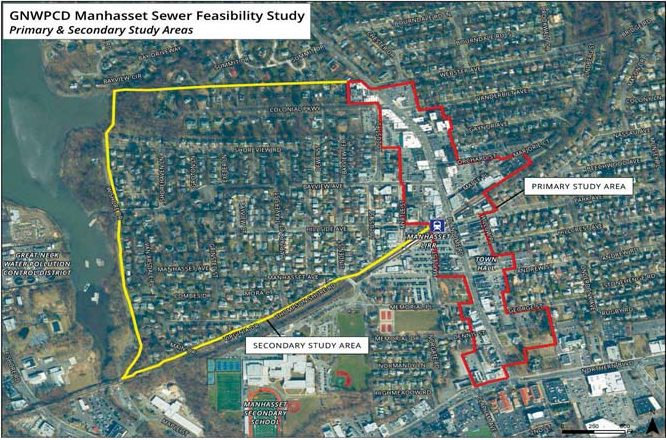
In the study, two alternatives are presented regarding the types of sewer and the costs associated it. If gravity sewers are used for the primary study area, the cost would be $16,822,000 and for the secondary study area it would cost $23,701,000. The second alternative would be to use low-pressure sewers in the study areas. Low-pressure sewers would cost $12,400,000 in the primary study area and $20,300,000 in the secondary study area.
“Essentially, what a low pressure system does is it puts a small pump on each building or structure that’s going to have sewage coming from it and they work together,” Chris Murphy, the superintendent of GNWCPD, said. “There is a small pipe in the road and as each pump turns on, it pumps its flow into the pipe.”
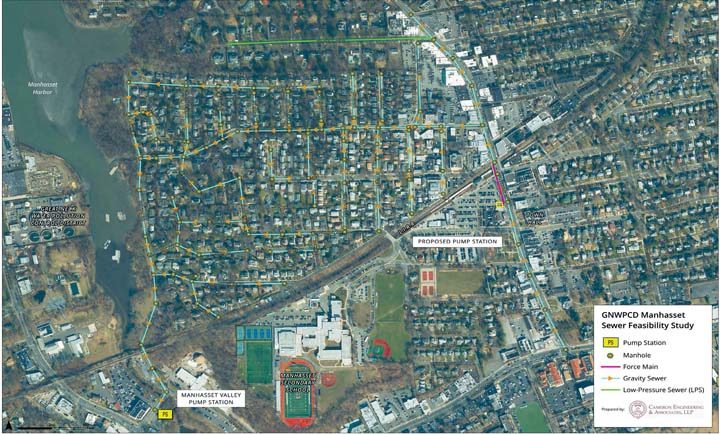
Cost could also be lowered depending on whether the sewer line goes above or below the LIRR tracks that are perpendicular to Plandome Road. Going above the tracks would cost around $350,000, but the pipe could be susceptible to freezing during intermittent use or shut down, according to the study.
“The LIRR has met with representatives from the Great Neck Water Pollution Control District on this subject and has expressed that we will go along with either one of the two options for sewer line placement,” MTA spokesperson Meredith Daniels said.
The Manhasset-Lakeville Water District is also looking to replace the water pipes in the same area and if the sewers were done at the same time, it could save taxpayers $1,150,000 in the primary study area and $4 million in the secondary study area.
Behind the feasibility study was the Manhasset Chamber of Commerce, who started a petition for a feasibility study for sewers on Plandome Road. After getting the signatures, Assemblyman Tony D’Urso got a state grant for the study that cost $220,000. Assemblyman D’Urso did not respond for comment.
“Our preference would be to have Anna Kaplan take the lead on getting the grant, rather than have the thing out of our control and be subject to someone else’s playbook,” Manhasset Chamber member C.J. Coleman said, who has also worked alongside T.J Costello for this project. “If the chamber is called upon for further assistance, we will put together public meetings. We have one public meeting scheduled in mid-to-late February. If needed, we will put together another petition and we will target up to 1,000 signatures in support.”
While State Senator Anna Kaplan has been hesitant in the past about potential sewers in Manhasset, a spokesperson for the senator said she will support whatever the community wants, but she needs to hear from them first before going after state grant money for the project.
If state grant money does not fully secure the cost of the project, there is the option of going to FEMA and DHS at the federal level. The Town of North Hempstead could also issue a bond that could cover some of the cost of the project.
After requests for comment to Town of North Hempstead Supervisor Judi Bosworth and Councilwoman Veronica Lurvey were denied, town spokesperson Rebecca Cheng said, “The town has received a copy of the study and is reviewing it, however we are not in a position to make a statement.”
Some businesses on Plandome Road are currently spending thousands a month to clean out their cesspools. This mostly affects bars and restaurants that are constantly using water for their operations.
Louie’s Manhasset Restaurant on Plandome Road currently spends $1,103 a week to empty out their five cesspools. Recently, they had to empty out their cesspools twice in one week because of how busy they were with the Super Bowl.
“Cesspools have been very, very financially costly for us as a business,” Louie’s co-owner Peter Pagonis said. “The busier we get, the more money we have to payout for cesspools. It’s a real financial burden. It’s messy, it’s nasty and when they overflow, it’s disgusting. For us, it’s another silent partner we have involved in our business.”
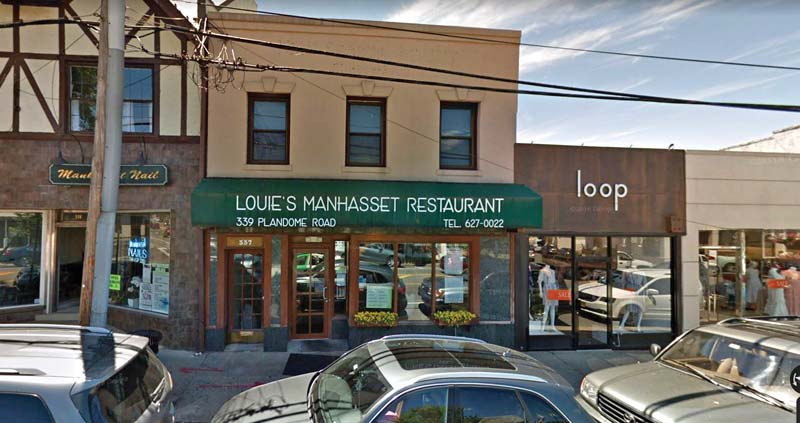
Louie Larocca, manager of Gino’s on Plandome Road, says that 15 years ago he was emptying out his cesspools once every three months, but for the last decade he has spent $4,000 a month to empty them out.
“$4,000 a month hurts you on top of the rent,” Larocca said. “It’s wrong, it’s not right. It’s not fair. Why should we have to pay for something like that, we’re trying to run a business here.”
Gino’s recently moved across the street on Plandome Road and now Larocca has the landlord paying for the cesspool cleanup. However, he still remembers when the truck would come to the side of his business to empty out the cesspools.
“A big smell comes into the store and the building,” Larocca said. “The guy was taking up traffic too. He has a truck and there is no room for him to maneuver. It’s disgusting and embarrassing because you have a truck coming over here when people are trying to eat lunch, they don’t need to smell that.”
For Pagonis, sewers on Plandome Road would be a godsend and would help his small business survive for the forseeable future.
“It would make things a lot easier for us,” Pagonis said. “We would not have to raise the prices. We had to raise our prices just to hang on from the cesspools.”
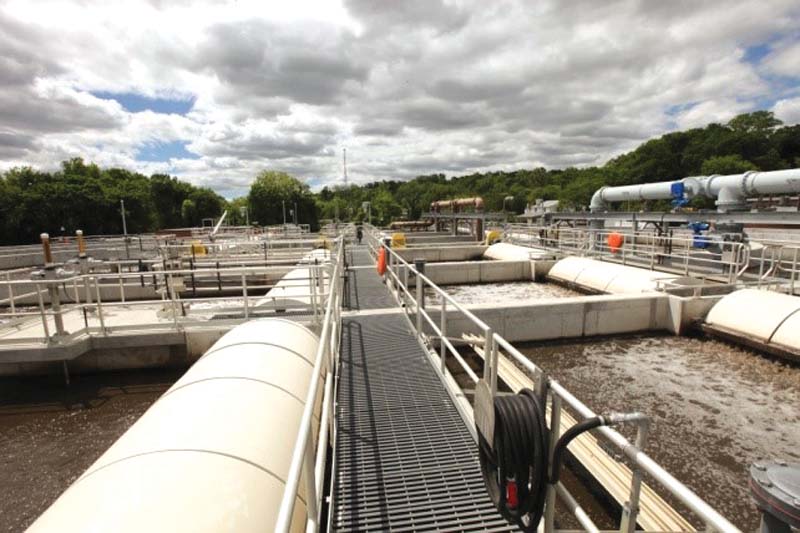
Walking down Plandome Road, you can find many empty storefronts and sewers might prove to be the answer in bringing the business district back to life in Manhasset. The feasibility study states there are three major benefits to sewers in the area.
“Sewers in the commercial district will expand, reducing vacant store fronts and adding new businesses and increasing tax revenue to the economy of the area,” the feasibility study states about the economic benefits. “Restaurants will be able to expand seating and new restaurants could relocate to the area. Sewers will also attract higher wastewater generators such as medical offices, salons, and laundry operations. This would also eliminate the use of septic systems in businesses rear yards and alley ways thereby increasing space for parking.”
Dead zones have been found in Manhasset Bay, caused by nitrogen and coliforms from fecal matter. According to the feasibility study, nitrogen discharged to Manhasset Bay will be reduced if the study area is sewered; improving local water quality.
The feasibility study also states that sewers would provide social benefits to the area, “Sewering will allow greater diversity of land uses within the commercial district. Expansion of commercial and restaurant development, and the social benefits that accompany this development.”
However, with all the benefits, Manhasset residents have been hesitant in the past to support sewers because of the potential high-rise buildings that could develop in the area, turning Manhasset into a city rather than a quiet suburb.
“From what I heard, they don’t want it to become a commercial area, and I don’t want that either,” Larocca said. “That would not be fair to the neighborhood. It’s as crowded as it is already here.”
But with the potential alternative of low-pressure sewers, high-rises might not even be viable.
“I can tell you that with a low-pressure system, you do not want to build in a lot of extra capacity because they’re designed in a way that the flow has to go through at a certain velocity because that keeps things from settling out,” Murphy said. “You wouldn’t make it a lot bigger than you needed to anyway. It’s kind of self-limiting.”
Click below for the full Manhasset Sewer Feasibility Study:



